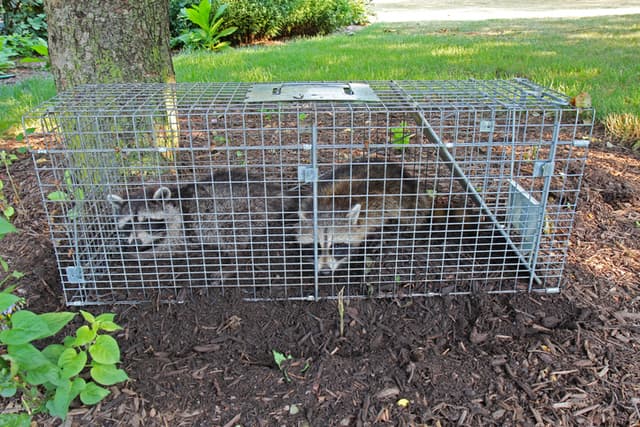Raccoon Diseases. Raccoons are commonly perceived as non-threatening and cute animals. In reality, they are aggressive and can scratch, bite and transmit a variety of diseases. The infectious diseases that can be transmitted by raccoons can afflict both humans and domestic animals. The risk of contracting diseases directly or indirectly from raccoons has increased significantly because the animals have adapted to living in the suburbs.
If you want to get rid of the raccoons in your home, contact Raccoon Removal Toronto to solve your raccoon problem!
Diseases Carried By Raccoons
Rabies
This viral disease is transmitted by various species of canines including raccoons. Humans or domestic animals can contract the disease if they are scratched or bitten by a raccoon that has been infected. The disease can be fatal if left untreated. A raccoon infected with the rabies virus can be identified by its behaviour, which includes:
- Froth in the mouth
- Violent behaviour
- Lack of fear of humans
- Attacking pets and other animals
Raccoon Roundworm
Raccoon excrement can contain roundworm eggs. The eggs can be airborne because they are very light. Humans can be infected if they inhale the eggs. Raccoon roundworms is a serious infection that can kill if not treated. The worms can invade the central nervous system, and cause damage to critical organs like the brain. Severe side effects of roundworm infection can cause coma or blindness. The symptoms of raccoon roundworm infection include:
- Poor muscle coordination
- Fatigue
- Blindness
- Coma
Leptospirosis
Leptospirosis is a bacterial disease that raccoons can transmit through their urine and feces. Both animals and humans can contract the disease, especially if they have open wounds or cuts. The symptoms of the disease include:
- Anemia
- Diarrhea
- Nausea and vomiting
- Kidney and liver problems
- Meningitis
Salmonella
Raccoon excrement may have salmonella bacteria, and humans can acquire this infection by incidental or accidental ingestion of the bacteria. The bacteria can survive in a dry environment for a long period, and when favourable conditions manifest, they may become active. This means that people can still be infected with salmonella even after chasing away raccoons from their homes. Some of the signs of salmonella poising include:
- Abdominal pain
- Severe diarrhea
- High fever
The above are just some of the most common diseases that can be acquired from raccoons. The most effective way of preventing these diseases is not allowing raccoons to gain access to human habitats. People should also refrain from handling fresh raccoon feces without using protection. Lastly, people should never approach or provide care to a raccoon that looks ill. It is advisable to seek the assistance of professional raccoon removal when one encounters a sick raccoon. Call: 647-557-7932

